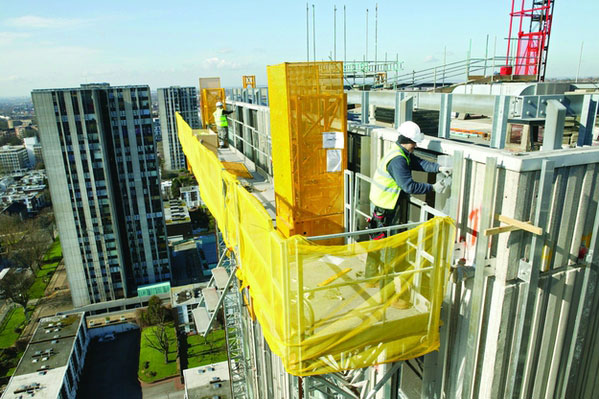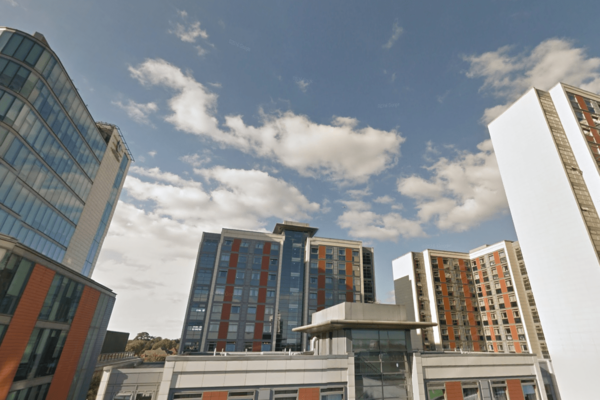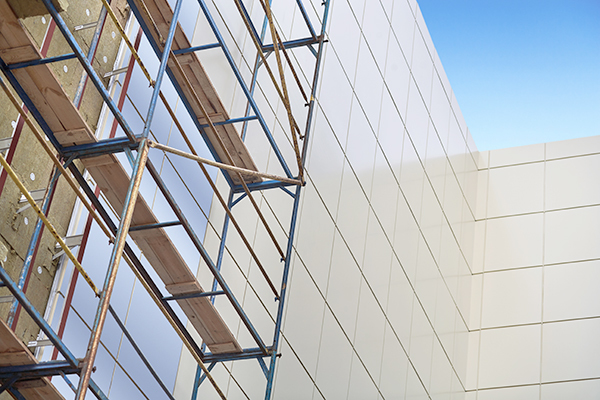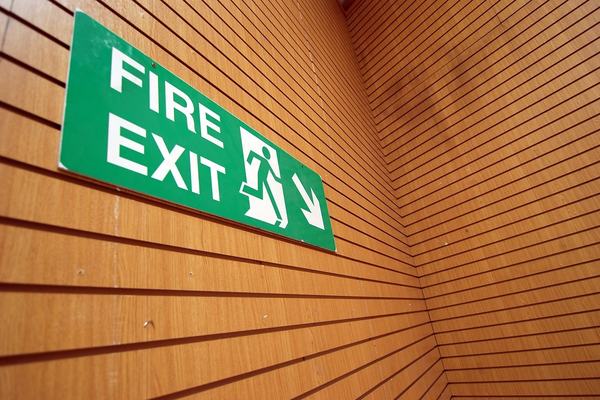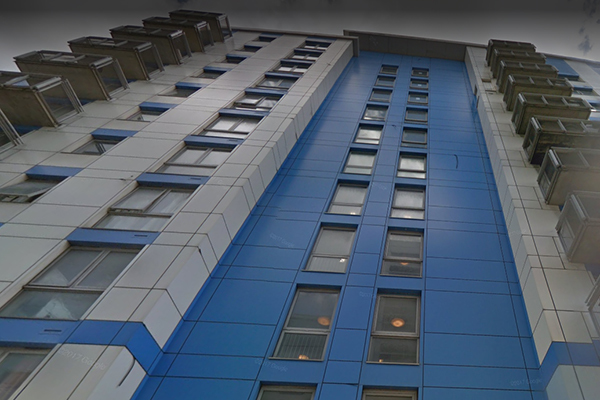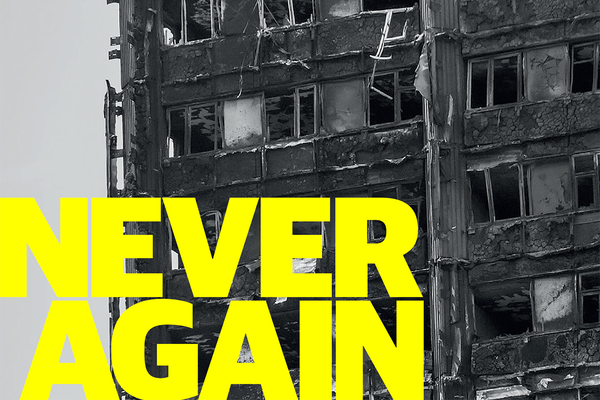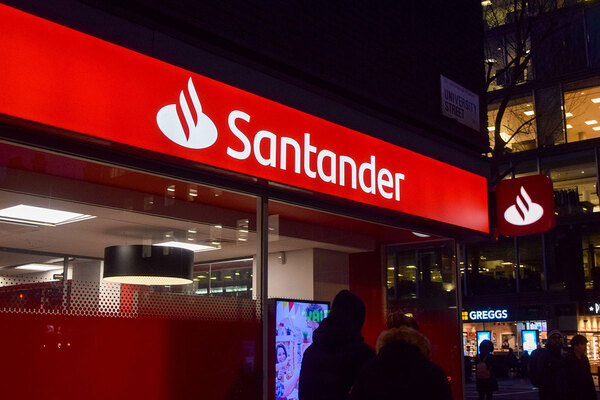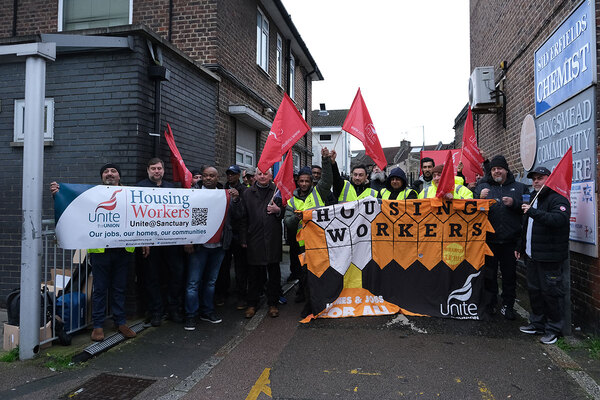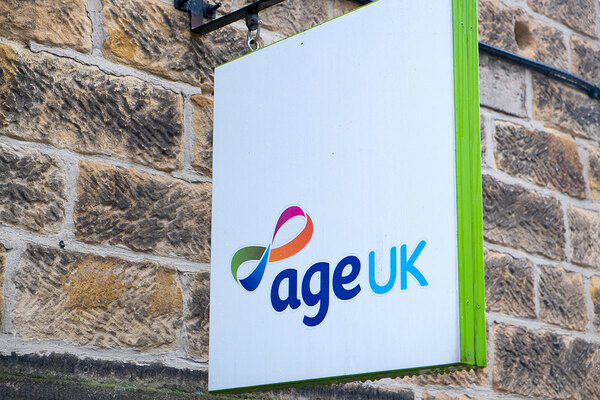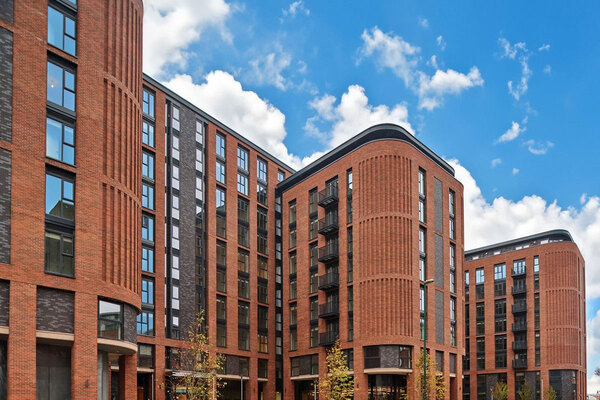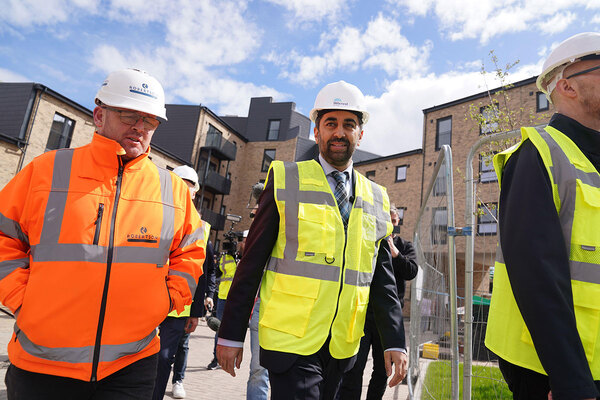You are viewing 1 of your 1 free articles
Cladding work ‘putting pressure on supply chain’, says NHF
Urgent work to remove potentially dangerous cladding from tower blocks is putting pressure on the building industry’s capacity, the National Housing Federation (NHF) has said.
Social landlords up and down the country are carrying out remedial work on buildings clad in aluminium composite material (ACM) systems which failed fire safety tests in the wake of the devastating Grenfell Tower fire on 14 June 2017.
Progress has been slow, with government figures released a week before Christmas showing that cladding removal had started on just 35% of the 162 affected social housing blocks as of 10 November.
Of these, less than half – 26 buildings – have been completely stripped, while replacement cladding has been fully installed on just one.
The data was released the day after Dame Judith Hackitt’s interim report from her building regulations review, in which she urged owners of blocks with dangerous cladding “not to wait” for direction on replacements, but to use materials which have already been identified as safe.
Lucy Grove, Grenfell programme lead at the NHF, said housing associations are committed to carrying out remedial fire safety works “as quickly as possible”.
She added: “However this does constitute a large-scale national programme of work that is putting pressure on the capacity of the building industry across the supply chain.
“This includes everything from fire specialists, lead-in times for the delivery of materials and access to specialist advice, as well as the planning and building control process.
“Government could help by leading a national, co-ordinated response to ensure that resources are directed strategically and buildings most at risk are prioritised.”
Lee Sugden, chief executive of Salix Homes, which has seven affected blocks in Salford, said in a statement posted on the landlord’s website that it is “currently taking professional advice from the government and industry experts to develop a permanent solution for our affected blocks that will deliver new cladding systems that fully adhere with the latest advice”.
He said work on the affected blocks would begin “early in the new year once we are fully satisfied that a replacement solution meets all safety requirements”.
Michael Newey, chief executive at Broadland Housing, which has one affected block in Norwich, said: “Our view is that any possible replacement cladding product will need to have been subjected to a full wall system fire test, perhaps at [the Building Research Establishment], before we should reach a final decision.”
Camden and Lewisham councils both said they had removed dangerous cladding on their affected blocks and are consulting with residents about possible replacement materials.
Lambeth Council said it “had no issue with the advice from Department for Communities and Local Government on this issue” and that replacement work on its affected block would complete in March.
Hounslow Council, which said it has completely re-clad its 12-storey affected block, said it accepts “that a safe cladding is one that does not burn”.
Never Again campaign
Inside Housing has launched a campaign to improve fire safety following the Grenfell Tower fire
Never Again: campaign asks
Inside Housing is calling for immediate action to implement the learning from the Lakanal House fire, and a commitment to act – without delay – on learning from the Grenfell Tower tragedy as it becomes available.
LANDLORDS
- Take immediate action to check cladding and external panels on tower blocks and take prompt, appropriate action to remedy any problems
- Update risk assessments using an appropriate, qualified expert.
- Commit to renewing assessments annually and after major repair or cladding work is carried out
- Review and update evacuation policies and ‘stay put’ advice in light of risk assessments, and communicate clearly to residents
GOVERNMENT
- Provide urgent advice on the installation and upkeep of external insulation
- Update and clarify building regulations immediately – with a commitment to update if additional learning emerges at a later date from the Grenfell inquiry
- Fund the retrofitting of sprinkler systems in all tower blocks across the UK (except where there are specific structural reasons not to do so)
We will submit evidence from our research to the Grenfell public inquiry.
The inquiry should look at why opportunities to implement learning that could have prevented the fire were missed, in order to ensure similar opportunities are acted on in the future.
